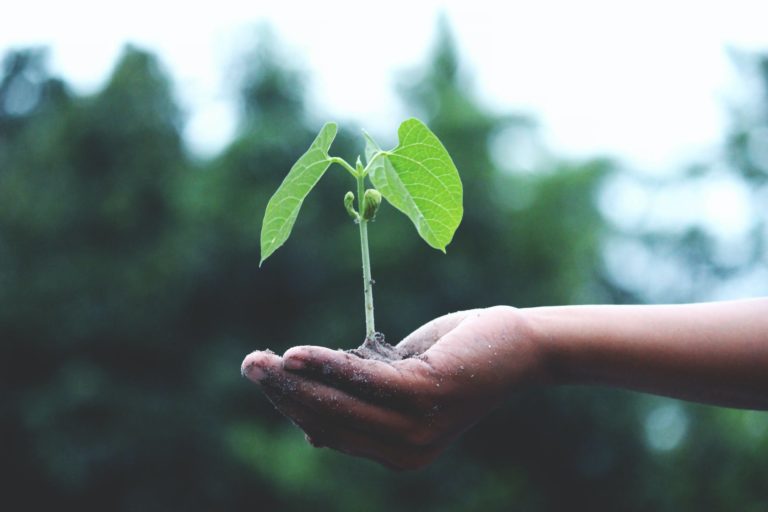The current global scenario is contrasting compared to what it was prior to the industrial era; environmental problems, economic crises and the recent pandemic are all smaller cogs in the machine that runs solely on human needs and desires. In 1968, Garrett Hardin talked about a theory called “The tragedy of the commons” where he talked about a society in which perfect freedom of action in activities was permitted and this influenced common properties adversely, leading to failure of the society. Replicating this freedom of action in the Indian context, one can picture a typical self-sustained village setting with locally produced goods ranging from food, toiletries, kitchen-ware, cosmetics, accessories and sometimes clothing as well. A simple yet effective way of living born out of the concepts of modern sustainability.
Sustainability is a term used to describe balance between the biosphere and human civilizations, especially to avoid the depletion of natural resources so that future generations can use them judiciously. This also means that societies and ecosystems are resilient towards external changes while undergoing transformations and hence can survive long-term. Coral reefs which are a crucial underwater ecosystem, are considered to be one of the most resilient ecosystems in the world. However, these ecosystems now face decreasing levels of resilience or recovery after disturbances with expanding human settlements and activities, causing coral reef bleaching extensively.
An Indian village was described to be self-sufficient by Henry Maine and Karl Marx in the 1960s, being resilient towards changes in governance and revolutions; so what happened to these sustainable ideologies over the years? One way to look at it is globalisation and consumerism, another is rapid migration to unplanned urban settlements to look for better work prospects and yet another reason could be the misinformed notion of development. Sustainable development is the term that can be used here, where development is personalised to the local region rather than global development which allows societies to thrive based on the environment around them. Rapid resource depletion stemming from affordable or cheap goods and better living standards have blurred the line between being developed in par with the world and developing sustainably. Regardless of the cause, the repercussions of unsustainable practices are visualised globally as we see with the example of coral reefs, making individuals to migrate back to their roots and take up professions that relate to environmental stewardship.
Revival of traditional practices while identifying the strengths of localised regions for development could be a possible way forward. In the Indian context, moving forward and taking the surroundings and environment along has been inbred in each individual, but this cannot be true with an anthropogenic mind-set. Among all others, realising the potential of different ecosystems and streamlining activities based on them would help switching to a different path. While adapting to a dynamic world is crucial, learning from the mistakes of developed countries to leapfrog the ‘dirty’ industrial phase is just as important. As a result, there is a rise in the number of individuals who practise environmental stewardship along with modern ideas in the present. Could this be the way forward? It could be exactly what the world is looking for.


